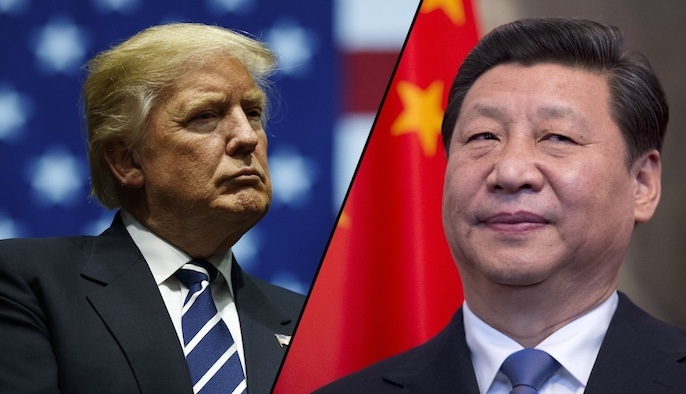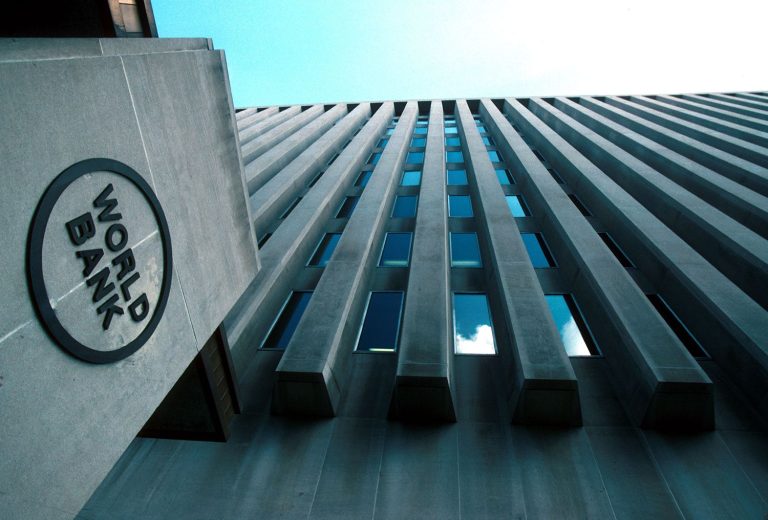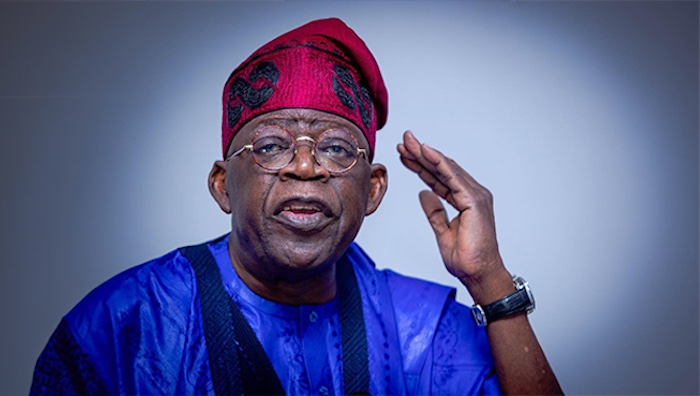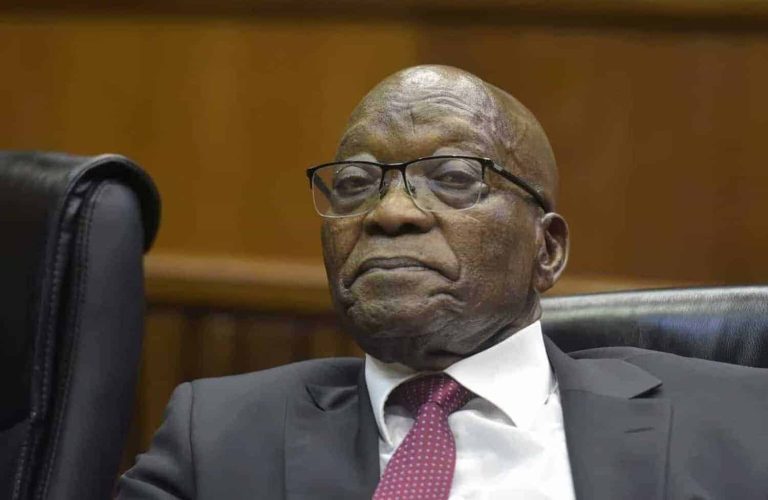
President Donald Trump has agreed to revive formal cooperation with China on curbing the flow of fentanyl, easing months of tension by halving related tariffs in exchange for Beijing’s commitment to join a new bilateral working group on the deadly synthetic opioid.
The deal, announced after Trump’s meeting with Chinese President Xi Jinping in South Korea, marks a reversal from his earlier stance that only punitive measures would force Beijing to act. US Treasury Secretary Scott Bessent said the new framework aims to “deliver results,” not just serve as a diplomatic talking point.
China welcomed the move, describing it as a “consensus on counternarcotics cooperation.” However, critics say such working groups have historically produced limited progress.
“The administration has made major compromises by accepting a commitment to launch yet another working group,” said Henrietta Levin, a former National Security Council official. “China has made similar pledges multiple times the question is whether this time will be different.”
Chinese officials insist they have already strengthened controls on precursor chemicals used to make fentanyl and accuse Washington of using the issue as leverage. A statement from China’s embassy in Washington said the country “remains open to continued cooperation” but called on the US to create “the necessary conditions” for progress.
The Biden-era fentanyl working group collapsed earlier this year after Trump reinstated sweeping tariffs, drawing sharp criticism from Republicans including Vice President JD Vance, who once argued that China responds only to strength.
Trump’s latest compromise may test that theory. The administration maintains 10% tariffs on Chinese goods linked to fentanyl as leverage to ensure compliance, said US Trade Representative Jamieson Greer.
Analysts warn that if Beijing fails to follow through, Trump could restore higher tariffs, threatening a fragile trade truce and a potential presidential visit to China in April.
“Tariffs work as leverage only if China adheres to the deal,” said Michael Froman, president of the Council on Foreign Relations. “If not, they’ll go right back up.”
Erizia Rubyjeana



